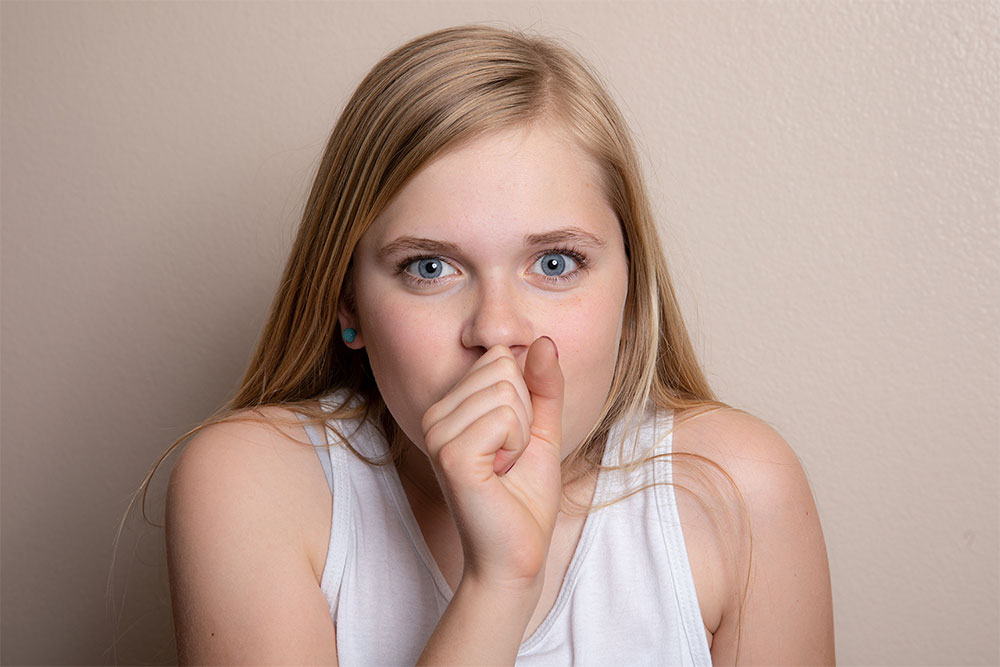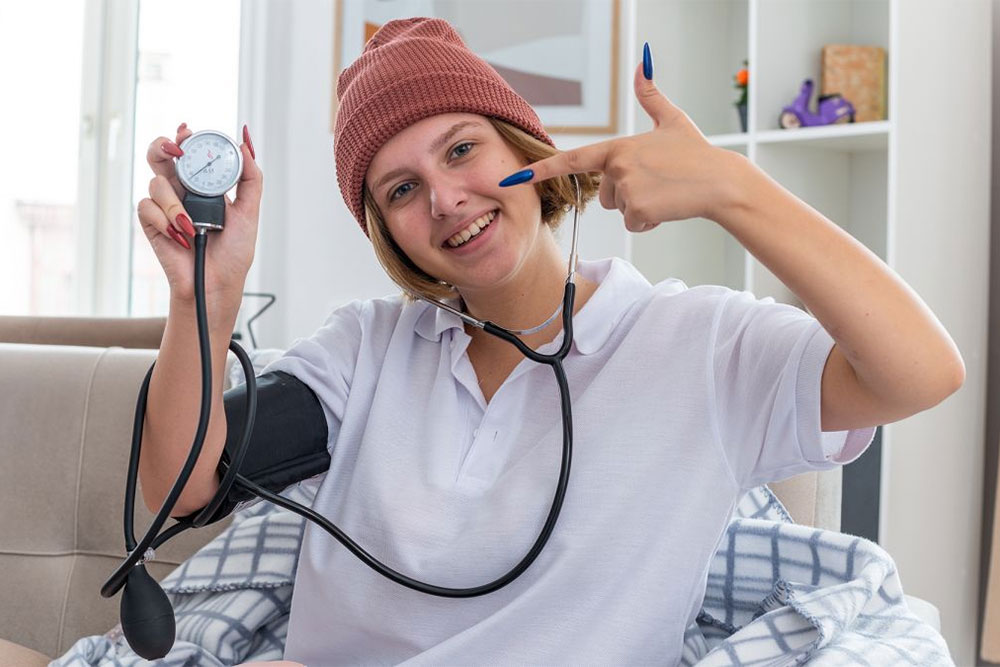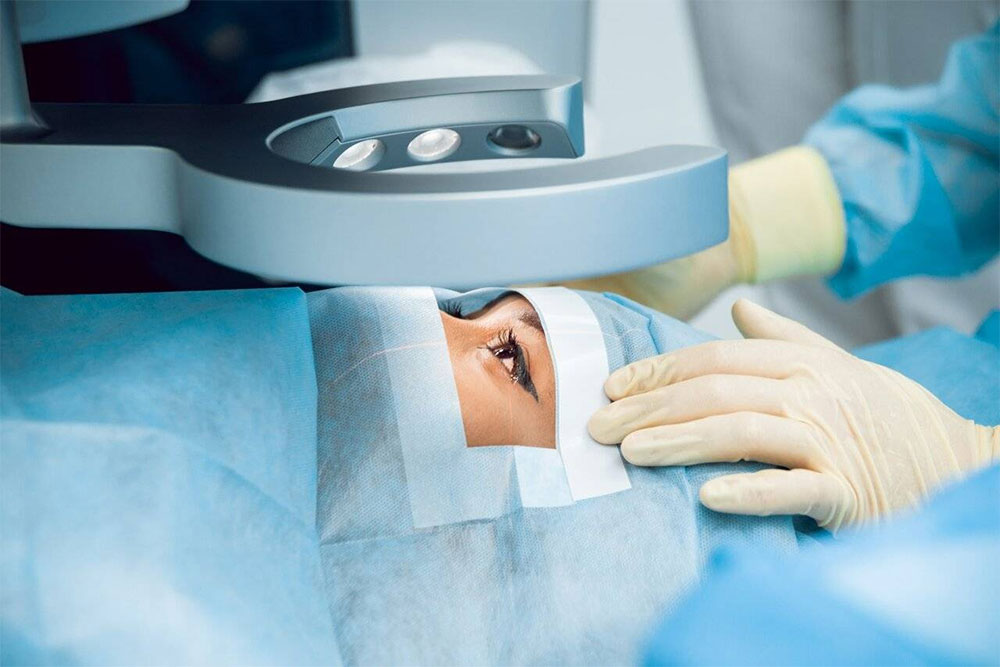Hiccups are an unbridled, unrhythmic contraction of the diaphragm, which is accompanied by a characteristic sound. This is a fairly common phenomenon that usually goes away quickly and on its own, but can sometimes cause discomfort or even pain, especially if it continues for a long time.
Hiccups usually go away on their own within a few minutes to several hours. However, if hiccups continue for a long time or become frequent and interfere with daily life, you can try various methods to get rid of hiccups.
Causes of hiccups
Hiccups can be caused by various factors, including physiological and psychological. Some of the main causes of hiccups include:
- Eating food or drinks quickly – when you consume food or liquid in large quantities or too quickly, pressure is placed on the diaphragm, which can cause hiccups.
- Excess air in the stomach – Swallowing excess air, such as through sudden swallowing or drinking carbonated drinks, can irritate the diaphragm.
- Emotional stress or anxiety – Psychological factors such as stress, nervousness or anxiety can lead to changes in respiratory function and cause hiccups.
- Increased activity of the diaphragm – can occur, for example, with overeating, smoking, drinking alcohol, diseases of the digestive system or using certain medications.
- Cold or hot – sudden changes in air temperature, such as drinking very cold or hot drinks, can also stimulate the diaphragm and cause hiccups.
How to stop hiccups
Don’t know how to stop hiccups? There are several ways that can help get rid of hiccups or at least reduce their intensity:
- Hold your breath
To stop hiccups, hold your breath for a few seconds to create slight pressure in your chest and stomach. This may help reduce diaphragmatic activity and ease hiccups.
- Drink small sips of water
To stop hiccups, drink small sips of water, preferably at room temperature, slowly and carefully. This will help remove excess air from the stomach and soften the diaphragm.
- Diaphragm massage
To stop hiccups, ask someone or do a light massage of the diaphragm yourself. Light touch or gentle massage from the chest to the abdomen can help relax this muscle.
- Breathing exercises
Take several deep and slow breaths in and out to get rid of hiccups quickly. At the same time, try to keep the rhythm and focus on breathing. This will help normalize breathing and reduce tension on the diaphragm.
- Stress management
If hiccups are caused by stress or anxiety, try relaxation techniques such as deep breathing, meditation, yoga or other relaxation exercises. This will help reduce stress levels and soothe hiccups.
- Avoid excess food and drink
Eat food and drink slowly and in small portions, especially if you are prone to hiccups after eating. This will help avoid unnecessary pressure on the diaphragm and reduce the likelihood of hiccups.
- Treatment of the underlying disease
If hiccups are caused by an underlying medical condition, such as reflux, stomach ulcers, neurological problems, etc., consult a doctor for appropriate treatment. Addressing the underlying cause can help reduce or eliminate hiccups.
Remember that these methods may work differently for different people, and sometimes it may take a little patience and experimentation to find the most effective method for yourself. If hiccups become too frequent, prolonged, or accompanied by other symptoms, be sure to see a doctor for professional evaluation and treatment.




